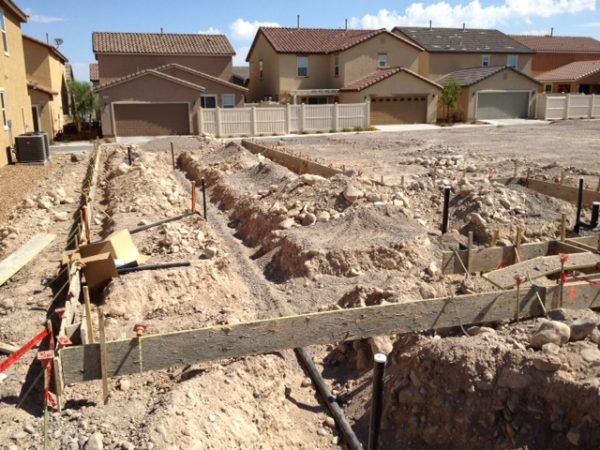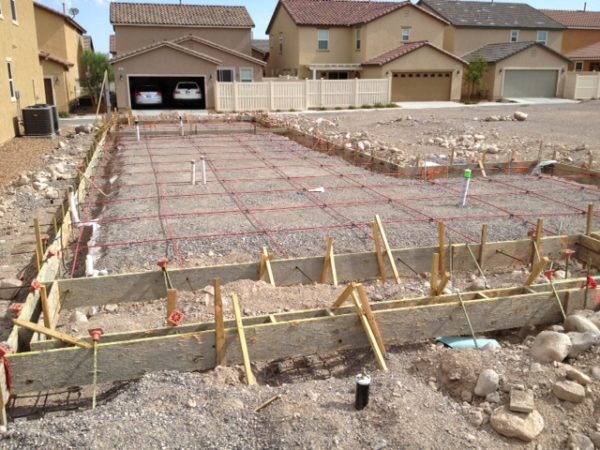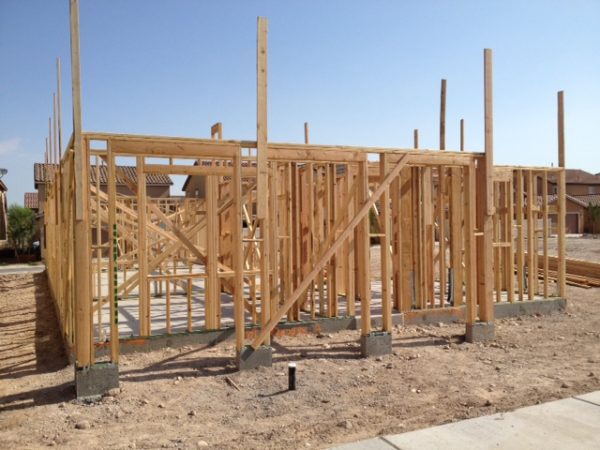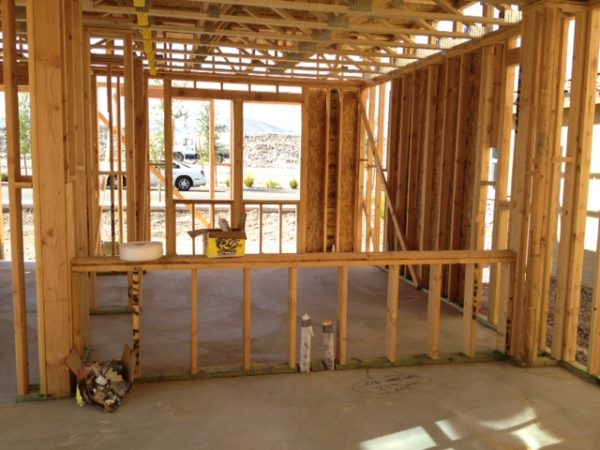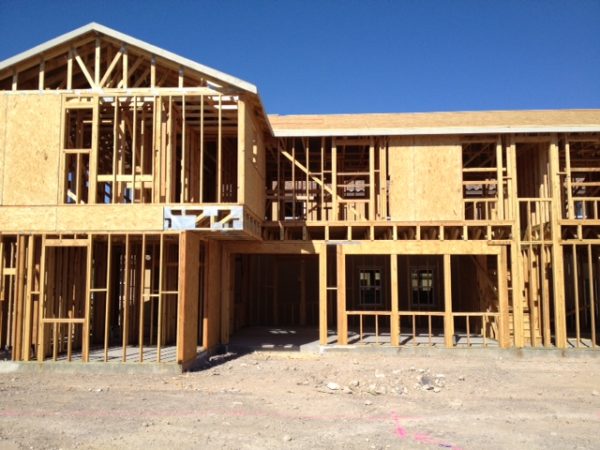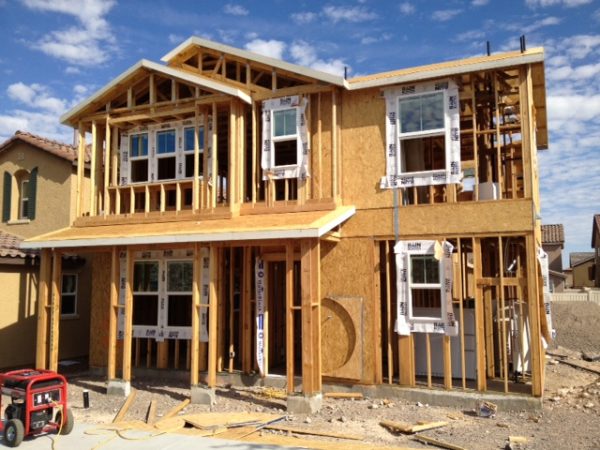LAS VEGAS, NV – Local real estate continued its slow but steady climb upwards during the month of February, with prospective homeowners buying more properties – at higher prices – in a busy marketplace where fierce competition is resulting in steadily dwindling options.
The advances made in the real estate market of Las Vegas are especially apparent when you look at how far it has progressed within the context of a year ago; in Southern Nevada, single-family dwellings have gone up nearly nine percent since February 2016, with the average home currently going for approximately $240,000. 2,249 single-family homes were sold in the Southern Nevada area in February, an increase of 6.5 percent from one year ago.
Likewise, the demand for home loans and mortgages have seen an uptick in activity recently as well; last year in the Las Vegas area, 36,130 home-purchase loans were taken out, which is an 8.5 percent increase over 2015. In fact, the home lending market in the Southern Nevada area has seen continued growth for the past three years and running.
Of course, with the increasing demand also comes increasing prices; that rings true for just about any commerce field, of course. In February of 2012, the average price of a single-family home in the Las Vegas area was about $121,000; fast-forward to 2017, and that same home will set back a buyer $240,000 – a whopping 100% increase. Home prices have consistently increased year-by-year in the area, with the same home in 2015 costing $205,000, $220,350 in 2016, and so on. After enduring a series of peaks and valleys, the real estate marketplace has stabilized and has begun to rise once again.
Furthermore, and comparatively speaking, home prices in Las Vegas are among those that are rising more than elsewhere throughout much of the United States. Whereas the national median single-family home price in February 2017 was $195,300 – a 7.2 percent bump from the same time one year ago – the same home in Las Vegas was fetching $216,400; this represents an increase of 9.8 percent, 2.6 percent higher than the national average.
The reason why more buyers are taking the plunge and committing to buying homes in recent years is simple; a steady population increase in the region, coupled with a slowly-but-surely growing economy and a job market that has boasted regular improvement, has given consumers – many who have been putting off starting families until they were in a position to be able to afford a home – the confidence to finally plunk down the dough on a dwelling of their very own. In addition, the price of the average home in the state of Nevada is still lower overall than many other neighboring states, including cities in California.
However, while the steadily-growing demand for real estate in the region is clearly there, the options to satisfy that demand are starting to shrink; by the end of February, 10,725 single-family homes were on the market, up slightly from the month before but representing a 17.5 decrease from the year-to-year average. Clearly, the rise in demand has caused the available housing resources to decrease in size, and this should go hand-in-hand with continued price increases going forward into the near future.
As you can see, after a long period of dormancy nationwide, the real estate market is slowly transforming back into a seller’s market rather than a buyer’s market, and there’s nowhere this is more readily apparent than in Las Vegas. If you are considering purchasing a home in the Southern Nevada region, it’s best to start weighing your options sooner than later – and if you need help, that’s exactly what we’re here for; contact us today.
Considering Southern Nevada as a potential for investment? Las Vegas real estate is one of the most common targets for real estate investors as of late. Please feel free to give us a call at 702.376.7379 so we can answer any questions you may have.
Christopher Boyle is an expert investigative journalist for SEARCHEN NETWORKS® and reports for independent news and media organizations in the United States. Christopher keeps a keen-eye on what’s happening in the Vegas real estate market on behalf of Shelter Realty Property Management


